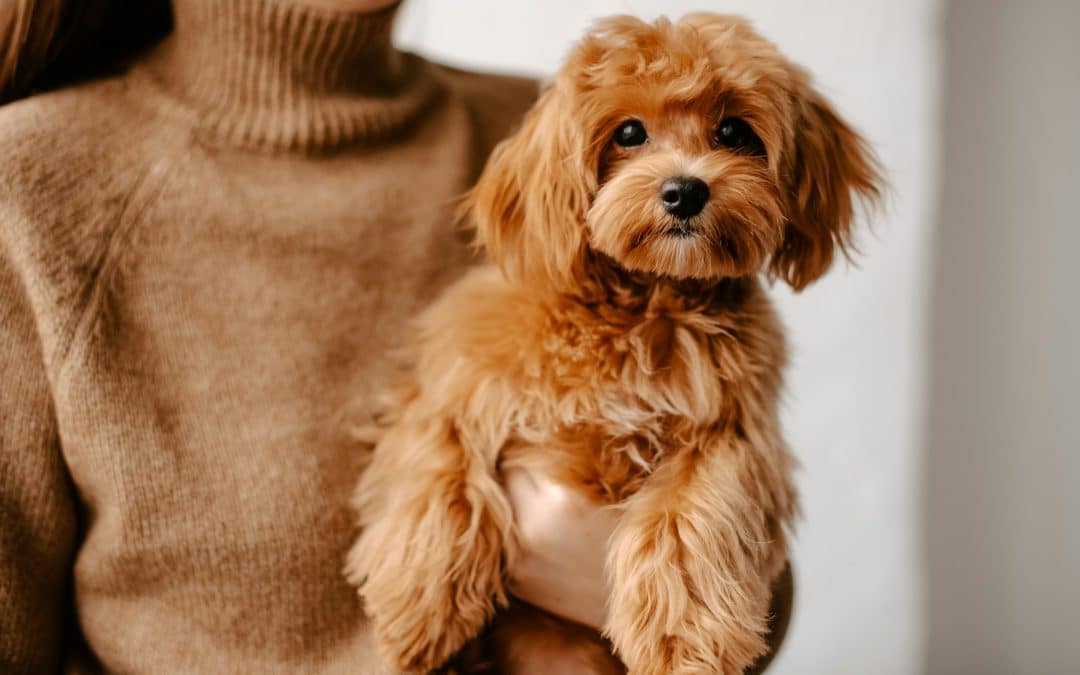Leaving your puppy in someone else’s care can feel a little nerve-wracking. They’re still learning about the world around them, and everything is new and exciting—or overwhelming. Whether you’re planning a trip or need a safe space during the workday, boarding your puppy brings up more questions than answers for many dog owners. What do they need? How will they be cared for? Will they be okay?
Puppies have their own set of needs, and those don’t pause just because you’re away. From constant supervision to regular feeding, everything about raising a young dog requires consistency. When selecting a boarding option, it’s important to think about the level of care your puppy will get. Puppies need different support compared to adult dogs, and making sure those needs are met can make a huge difference in how smooth their time away from home goes.
Understanding Puppy Needs
Puppies face a level of curiosity and energy that adult dogs usually outgrow. They’re still learning how to behave, how to be social around other dogs, and how to feel safe in new spaces. Because they’re so young, their needs aren’t just physical—they’re emotional too.
One of the main things puppies require is structure. A solid routine helps avoid stress and confusion. At home, that usually means:
– Regular potty breaks, often more frequent than most adult dogs
– Scheduled meal times, sometimes multiple times a day
– Short nap periods since puppies burn out quickly
– Supervised play so they’re kept safe during interaction time
– Positive socialization with people and other dogs
In a boarding environment, matching this structure becomes even more important. Without a consistent schedule, puppies can become anxious, withdrawn, or even sick from stress. Boarding facilities have to take extra steps to create familiar routines while introducing the puppy to a totally new environment filled with new sounds, smells, and companions.
Let’s say you’re boarding a three-month-old Lab mix for the very first time. At home, you might be taking them out every two hours, feeding them three times a day, and doing five-minute training sessions in the afternoon. A good boarding experience will reflect the same attention—a schedule that’s not too different from what they expect, with a staff that knows how to read a puppy’s body language and comfort them when they’re feeling unsure. It’s not just about food, play, and sleep. It’s about understanding the smaller, less obvious needs that are part of a puppy’s day.
Selecting The Right Boarding Facility
Choosing where your puppy will stay isn’t just about availability or location. It’s about finding a space that actually knows how to care for puppies. While many facilities accept dogs of all ages, that doesn’t mean every place is ready for the extra care young pups need.
There are a few things that set good puppy accommodations apart:
1. Staff experience with puppies
Puppies aren’t just small dogs. They need people who understand early development stages, know how to handle nipping and jumping, and can guide early social behavior in group settings.
2. Puppy-proofed spaces
Puppies will chew almost anything, explore areas they shouldn’t, and try to play when it’s time to rest. A safe facility will have areas that are enclosed, clean, and free of items that could become dangerous.
3. Clean play and rest areas
Puppies are more prone to picking up germs. A good facility will clean regularly, disinfect play areas, and have separate sections for younger pups when needed.
4. Consistent scheduling
A reliable schedule helps puppies feel safe. The facility should have clear routines for feeding, bathroom breaks, playtime, and nap time.
Touring a location can help ease your worries. Ask questions, observe the way staff interact with the dogs, and take note of the environment’s smell and noise levels. Loud, overstimulating places may not be ideal for puppies who are still sensitive to unfamiliar sounds. A calm, tidy area with staff actively engaging with the dogs can say a lot without needing a sales pitch.
Preparing Your Puppy For Boarding
Getting your puppy ready for their first boarding stay takes a little planning. Young dogs do best when they feel safe and familiar in their surroundings, so the more prep you do at home, the easier the experience will be for both of you. It’s not just about dropping them off with a few toys. A little planning can help ease your pup’s fears and help them adjust faster.
Before boarding, try these simple steps:
– Let your puppy spend short periods alone so they get used to being away from you
– Give them chances to socialize with other dogs in safe, controlled settings like puppy playgroups
– Make sure their vaccinations are current, including those required by the facility
– Pack items that smell like home—a blanket, toy, or even something you’ve worn recently
– Keep interactions positive by using treats, praise, and calm body language when talking about the stay
If your puppy isn’t used to car rides or new environments, ease them into it in the weeks leading up to boarding. Taking a short tour of the facility or letting them meet the staff during a quick visit can make a big difference. They’ll feel more at ease knowing some of the smells and sounds before the actual stay.
Planning for enough time in the morning can also set a better tone. Avoid rushing out the door. Give your puppy a calm walk, a light meal, and a relaxed goodbye instead of a stressful departure. Puppies can pick up on your mood, so keeping things low-key helps keep them calm too.
Onboarding And Monitoring During The Stay
Once your puppy is dropped off, the real work begins for the facility. The boarding team should follow the plan you provided, but there’s often some adjustment as the puppy settles in. This is when it’s helpful to have a staff that not only follows a schedule but knows how to read dog behavior.
A good boarding routine for puppies generally includes:
1. Early potty breaks and guided bathroom time
2. A mix of quiet nap space and light social play, depending on their energy
3. Multiple small meals spaced throughout the day
4. Safe chew toys and mental activities like treat puzzles for stimulation
5. Calm one-on-one attention to help with bonding
Regular communication helps ease your mind too. Daily check-ins or photos showing your puppy’s progress can go a long way toward helping you feel connected while apart. If the puppy shows signs of stress, like skipping meals or avoiding play, the team should let you know and adjust their care as needed.
An example could be a four-month-old golden retriever who refuses to eat at first. Sometimes the solution is simple—hand-feeding in a quiet spot rather than a crowded area. With skilled staff and patience, most puppies bounce back quickly once they feel more comfortable.
Bringing Your Puppy Back Home
The pickup day is exciting, but just like drop-off, it should be thought through. Puppies may seem sleepy, extra excited, or even a little clingy. They’ve been in a different routine for a few days, so expect a short adjustment period once they’re back in familiar surroundings.
Here’s how to help your puppy settle back in:
– Give them time to rest and decompress before jumping right into walks or visitors
– Feed a light meal and avoid too many treats all at once
– Get back on your home routine as soon as possible—walks, training time, and sleeping habits
Sometimes, you might notice small changes, like less interest in food or wanting to stay close to you. That’s normal. If anything feels really off or lasts longer than a couple of days, checking in with the facility or your vet can bring peace of mind.
Consistency is key. Sticking to the same feeding times and bedtime routines as before helps them relax and adjust quickly. Don’t stress if they’re a little out of sync. With patience and positive reinforcement, most puppies fall right back into their groove.
Ensuring A Happy And Safe Boarding Experience For Puppies
Making sure your puppy is safe and comfortable while you’re away comes down to being prepared, choosing the right place, and keeping communication open. Puppies need more than just a space to sleep. They need structure, emotional care, and an environment that supports their growth.
By learning what to expect and how to prepare your puppy, you’re setting them up for a positive experience instead of a stressful one. Whether it’s their first stay or the first of many, these early impressions can shape how they feel about being away from home. Thoughtful planning and a strong support system make all the difference.
Ensure your puppy enjoys a safe and comfortable stay while you’re away. To find a caring and professional environment that meets your puppy’s unique needs, explore our options for dog boarding at The Dog Spot. We offer the special care your puppy deserves to thrive even when you’re not there.

